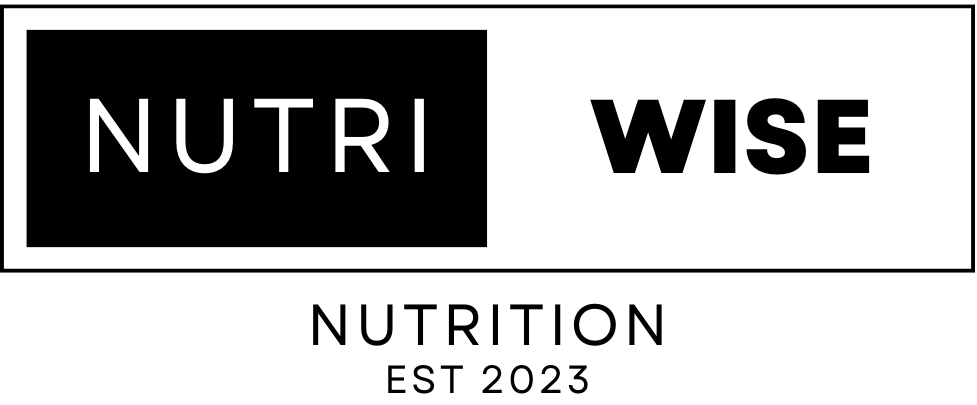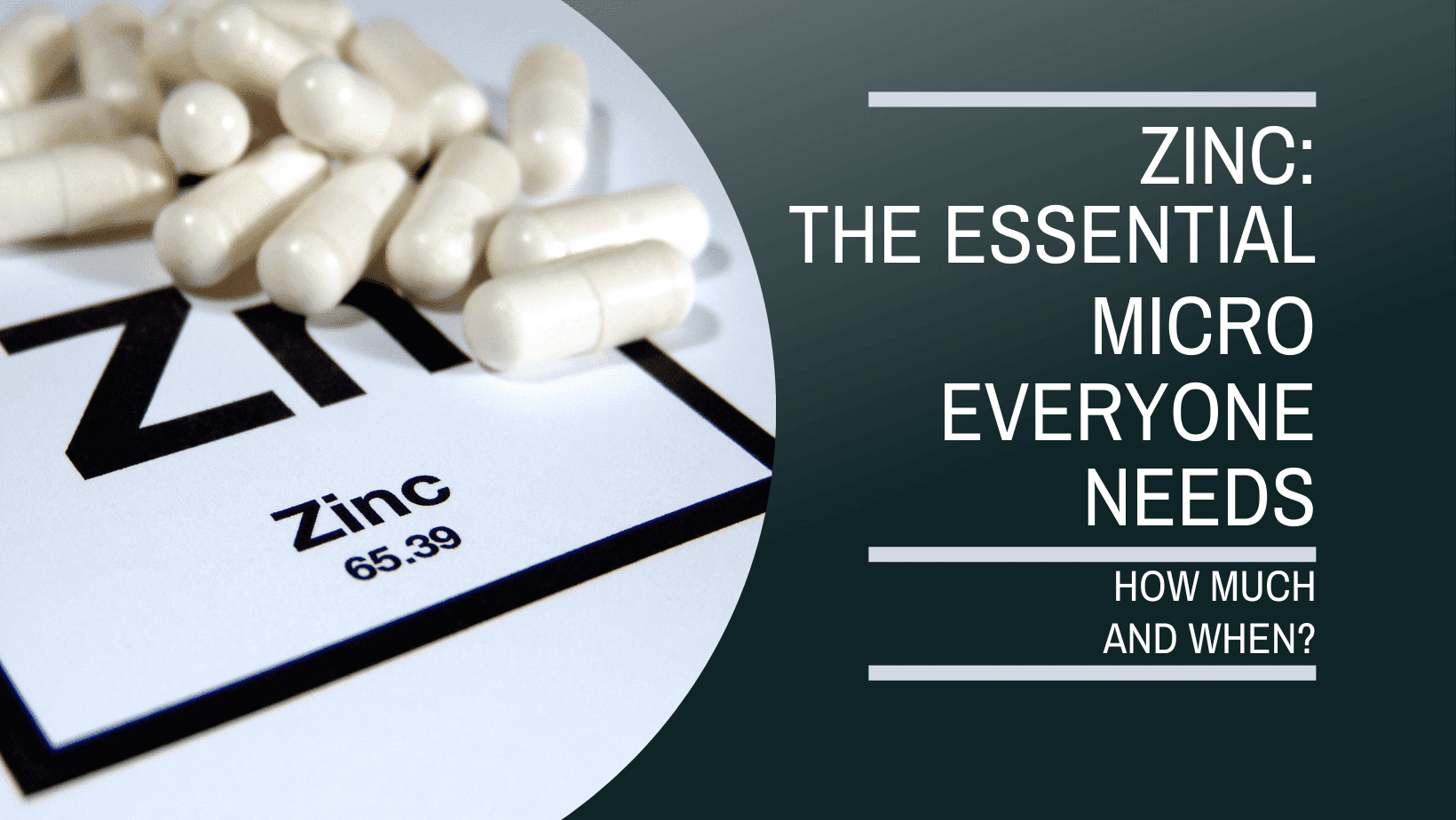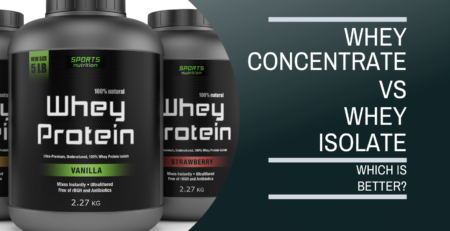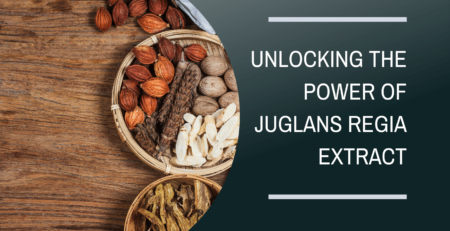Zinc: The Micronutrient You Can’t Live Without
Zinc is a vital micronutrient that plays a crucial role in various physiological processes in the human body. As a trace element, zinc is required in small amounts to carry out essential functions such as DNA synthesis, cell division, wound healing, and immune system support. Despite its significance, the human body cannot produce zinc, and hence it must be obtained through diet or supplementation.
Zinc is present in a wide range of foods such as meat, seafood, legumes, nuts, and seeds. Moreover, zinc supplements come in various forms, including zinc gluconate, which is commonly used in cold medicines, lozenges, and nasal sprays.
This article aims to provide an overview of the importance of zinc, its dietary sources and benefits, and the potential risks and side effects of supplementation. The article will provide an evidence-based and informative account of the role of zinc in maintaining optimal health and wellbeing.
Additionally, the article will highlight the recommended daily intake of zinc, the potential health benefits of consuming zinc-rich foods or supplements, and the possible adverse effects of excessive zinc intake. Ultimately, this article seeks to educate readers on the essential role that zinc plays in maintaining a healthy body and mind and the importance of ensuring adequate zinc intake through diet or supplementation.
Importance of Zinc
Zinc is an essential micronutrient that cannot be produced by the human body, and its deficiency can result in various consequences. Deficiencies are associated with decreases in protein synthesis, which can affect growth and development in children and lead to impaired healing in adults.
Zinc is also required for stabilising DNA and RNA structure, reducing oxidative stress, and the development and activation of T-lymphocytes, making it a micronutrient of significant importance for overall health.
Zinc can be obtained from various food sources, such as shellfish, meat, poultry, fish, legumes, nuts, and seeds. However, some individuals may not consume enough zinc through their diet, which may lead to deficiencies.
To ensure adequate zinc intake, it is recommended that adults consume between 15-30 mg per day. Zinc-rich recipes, such as oysters, beef, and pumpkin seeds, can be incorporated into the diet to boost zinc intake and prevent deficiencies.
Sources and Benefits
Consuming foods such as shellfish, meat, poultry, fish, legumes, nuts, and seeds can provide adequate sources of zinc, an essential trace mineral that cannot be produced by the human body. However, for those following plant-based diets, it is important to note that the bioavailability of zinc in plant sources may be lower due to the presence of phytates that can hinder absorption.
Nevertheless, zinc plays a crucial role in various physiological functions, including immune system function, blood sugar management, and activation of T-lymphocytes. Zinc supplementation has been shown to reduce inflammatory markers in older adults and enhance short-term and long-term blood sugar management in individuals with diabetes.
Additionally, zinc is required for stabilising DNA and RNA structures, reducing oxidative stress, and aiding in protein synthesis. Zinc supplements come in various forms, with zinc gluconate being the most commonly used form in cold medicines, lozenges, and nasal sprays.
Although daily intake between 15-30 mg per day is adequate for most typical adults, it is important to consume zinc with food and to consistently supplement to ensure adequate intake. However, excessive zinc intake can cause adverse effects such as diarrhea, stomach cramps, nausea, and vomiting.
Supplementation and Side Effects
Supplementation with zinc has been linked to several health benefits, including reductions in inflammatory markers in older adults and improvements in blood sugar management in individuals with diabetes. Zinc is available in several forms, including supplements, lozenges, and nasal sprays. The most commonly used form is zinc gluconate, which is found in cold medicines and other over-the-counter products.
Zinc dosage varies depending on the individual’s age, sex, and health status. Adults typically require between 15-30 mg of zinc per day, with 10-15 mg coming from their diet. Zinc absorption can be affected by several factors, including the form of zinc taken and the presence of other nutrients in the diet. Consistent supplementation is important for improving deficiencies and can lead to noticeable improvements within a week.
Too much zinc can cause side effects such as diarrhea, stomach cramps, nausea, and vomiting. Therefore, it is essential to follow the recommended dosage guidelines and consult with a healthcare professional before starting any new supplement regimen. Zinc plays a crucial role in immune system function, and adequate intake can support the development and activation of T-lymphocytes.











